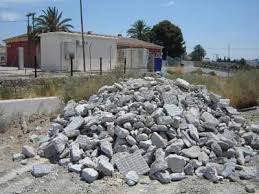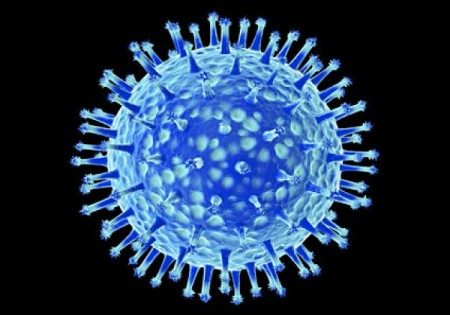 Vegetables are the part of plants that can be eaten, either raw or cooked; fresh, frozen, canned, dehydrated, or as juice. They can be divided into two main groups.
Vegetables are the part of plants that can be eaten, either raw or cooked; fresh, frozen, canned, dehydrated, or as juice. They can be divided into two main groups.
Vegetables that grow below and above the ground
In this classification are the roots and tubers of plants such as carrot, onion, turnip, potatoes, artichokes, radish, garlic, sweet potato, among others.
For its part, when we look above the ground we find leaves such as spinach, cabbage or lettuce; flowers such as broccoli, cauliflower, or artichokes; stalks such as celery, asparagus, or fennel; pods such as peas, beans and corn; fruit vegetables, for example aubergine, pepper, chili or tomato; berry fruits such as cucumber, zucchini and squash; and mushrooms, such as champignons and mushrooms.
Why do we need to eat vegetables?
We must eat vegetables every day simply because it is not possible to find another food group that is perfectly suited to our everyday human needs.
For starters, they are so low in calories that they help maintain a healthy weight, even if eaten in large quantities. This, of course, does not apply if they are cooked fried, or mixed with other greasy foods, such as cheese.
Another reason why vegetables are important is that they provide us with an important daily intake of vitamins
The human body is able to store only certain types of vitamins for future use, such as A, D and E. However, the B complex vitamins are not stored in the body, other than in small amounts. Since the body cannot make these vitamins on its own, we have to get them from the food we eat, and vegetables are the best source of them.
Finally, the digestive benefits of this food group are surprising. Dietary fiber is essential for our health, as it allows food to move through our digestive tract in a healthy way. Vegetables are some of the richest sources of very fiber that we can consume.
The recommended daily amount of vegetables for an individual depends on age, gender and how much physical activity they regularly engage in. A simple way to eat the right portion each day is to make sure that half of the plate we eat is made up of them.

Differences between fruits and vegetables
In botanical terms, a fruit is a seeded structure that develops from the ovary of a flowering plant, whereas vegetables are all other parts of the plant, such as roots, leaves, and stems.
Under this rule, seed products like apples, squash, and yes, tomatoes too, are considered fruits.
Photos: iStock - PieroAnnoni / photographereddie









